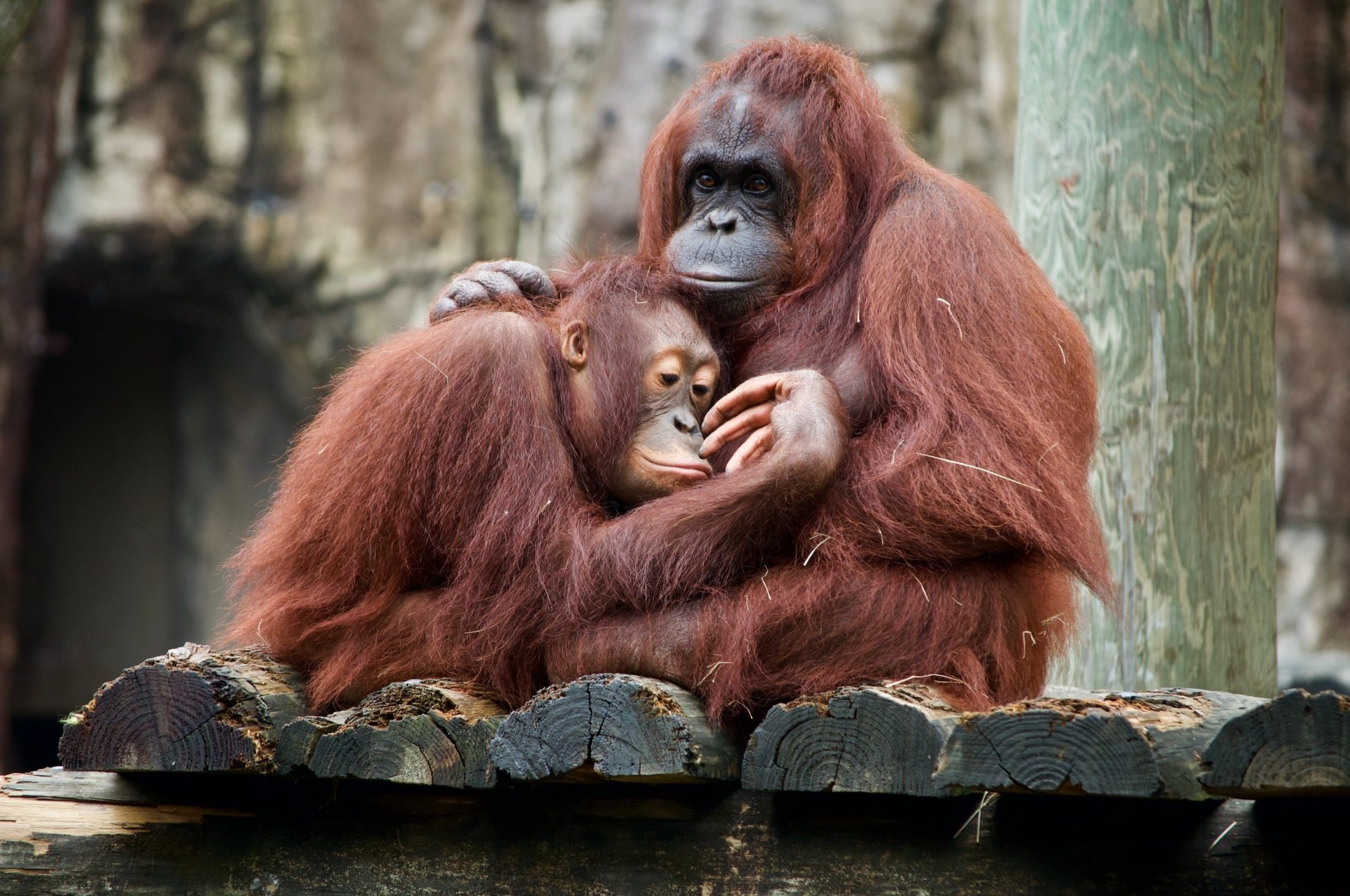30 orangutans on the critically endangered list had to be swabbed after several staff members had contracted the virus.
It’s an understatement that Covid-19 swab tests can be a real pain, as many can attest to. As uncomfortable as it is for us, it’s not hard to imagine how horrid it must feel when wildlife are subjected to these tests as a precautionary measure.

The Sabah Wildlife Rescue Unit (also known as Sabah Wildlife Department) had to recently test 30 orangutans under their protection for Covid-19 after several staff and animal keepers contracted the virus. Conducting the tests at the Sepilok Orangutan Rehabilitation Centre in Sandakan, Sabah, these gentle giant apes were the first orangutans in Malaysia to get tested for the virus; an action that was deemed crucial in order to protect the species from further endangerment.
To put everyone’s minds at ease, all 30 tests that were conducted on September 7, 2021 came back negative.
“Testing for Covid-19 has been a vital tool in helping us get through this pandemic, and it is similarly important for this orangutan population,” said Sabah Wildlife Department assistant director Sen Nathan.

“The disease could prove vastly detrimental to their health and set back their rehabilitation.”
“Orangutans share 96.4% of [human] DNA. It is vital we are able to test them for the virus in order to continue to protect the species,” said Sue Sheward, Chairperson and Founder of Orangutan Appeal UK (OAUK).
“Similarly, the health and well-being of our staff is important, as they have been working as normal throughout the pandemic to provide the same high level of care they have always done.”

BORNEAN ORANGUTANS: THE CRITICAL NEED FOR PROTECTION
According the the International Union for the Conservation of Nature (IUCN), Bornean orangutans are critically endangered as their populations has vastly declined by a whopping 50% over the last 60 years thanks to unchecked and unregulated deforestation.
Rapid deforestation and mass logging activities have contributed to the loss of their natural habitats by 55% in just the last 20 years.
Central Bornean orangutans currently amount to 3,500 in total, while their northwestern counterparts, being the most threatened subspecies, have only 1,500 left. A third subspecies, the Northeast Bornean orangutans, which are smaller in physical size, are found in Sabah, Malaysia, East Kalimantan, and Indonesia.
"ExpatGo welcomes and encourages comments, input, and divergent opinions. However, we kindly request that you use suitable language in your comments, and refrain from any sort of personal attack, hate speech, or disparaging rhetoric. Comments not in line with this are subject to removal from the site. "





















